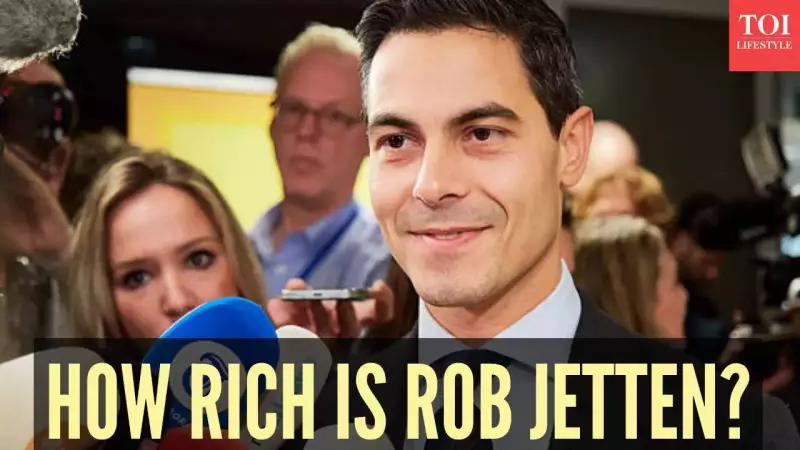
As the political landscape in the Netherlands heats up, all eyes are on Rob Jetten, the centrist leader making waves in his bid to become the country's next Prime Minister. But beyond his political ambitions, many are curious about the financial standing of this rising political star.
The Financial Profile of a Prime Ministerial Candidate
Rob Jetten, the dynamic leader of Democrats 66 (D66), has built a reputation as a formidable force in Dutch politics. However, his financial portfolio tells a story that might surprise many of his supporters and critics alike.
Breaking Down Jetten's Assets
Unlike many seasoned politicians who accumulate substantial wealth over their careers, Jetten's financial situation reflects his relatively young age and focused political trajectory. His assets primarily consist of:
- Real estate holdings in the Netherlands
- Standard parliamentary savings and investments
- Pension contributions through his government service
- Limited additional income streams outside politics
The Modest Wealth of a Public Servant
What stands out most about Jetten's financial disclosure is its modesty compared to international political standards. His net worth positions him as what many would consider middle-class among European political leaders, reflecting his commitment to public service rather than personal wealth accumulation.
Income Sources and Financial Transparency
Jetten's primary income stems from his parliamentary salary and ministerial earnings during his tenure in various government positions. The transparency in his financial declarations has been noted as particularly thorough, providing voters with clear insight into his economic standing.
Political Career vs Personal Wealth
Interestingly, Jetten's financial growth has largely paralleled his political advancement. Unlike some politicians who enter public service with substantial family wealth or successful business careers, Jetten's story is one of gradual financial progression through public service.
What This Means for Dutch Voters
The revelation of Jetten's net worth comes at a crucial time in Dutch politics. Voters increasingly scrutinize not just political platforms but also the personal financial situations of their potential leaders, seeking alignment between public promises and private financial conduct.
As the campaign intensifies, Jetten's financial transparency may become either a point of criticism or praise, depending on voter perspectives about wealth and political leadership in contemporary Netherlands.






